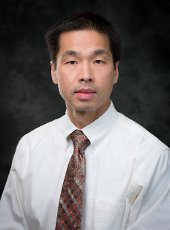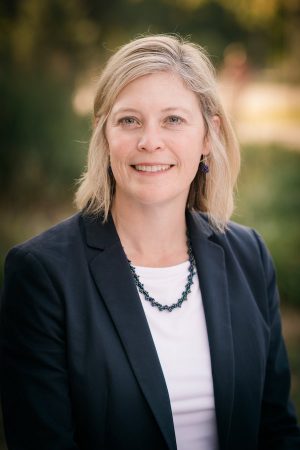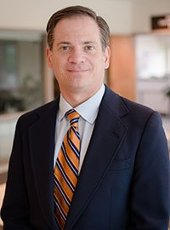
A stretch of County Road 607 in Dickinson County paved with an asphalt mix that uses pieces of old tires is now being tested, almost two years after it was installed.
Lab experiments conducted at Michigan Tech by Zhanping You (CEE) and his research team have found the performance has improved over the last two years. Monitoring will continue for ten or more years. The project was a collaboration with You’s research team, the Michigan EGLE, and the Dickinson County Road Commission.
The story was covered by several media outlets including MI Environment, Public Radio 90, WLUC TV6 and ABC10.
Over the past two years, Michigan Tech Students have been gathering results and samples, of this road, from different testing sites.










